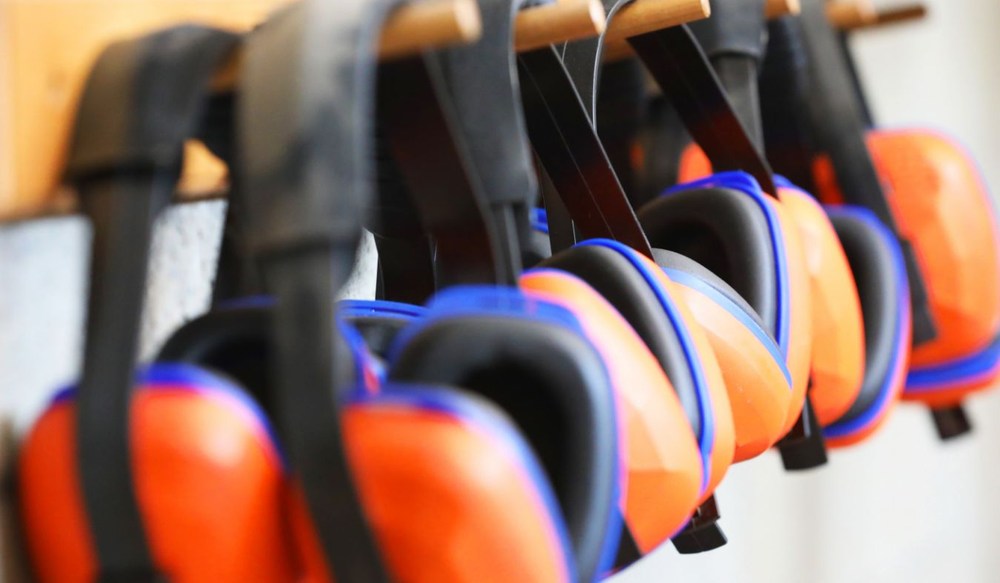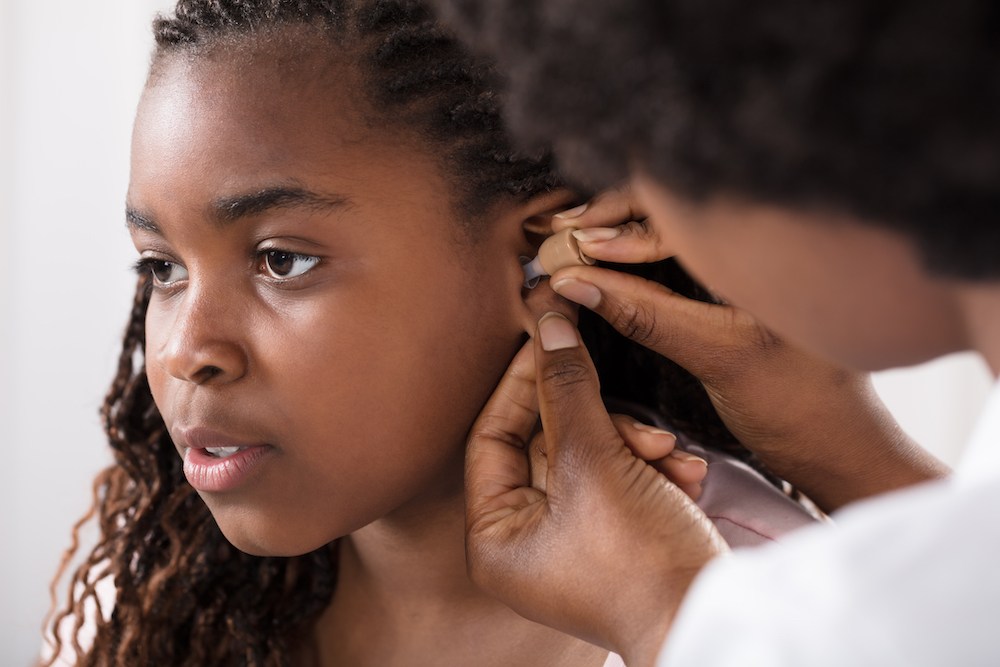What Young Adults Should Know About Hearing Protection
Hearing protection might not be something most young adults think about,
We’re Hiring! Click Here to Learn More About Our Career Opportunities →

If you hear a persistent ringing sound that no one else seems to be able to identify, one that can’t be drowned out and is distracting, chances are you are experiencing tinnitus. Although you may feel as though you are going crazy, it is something that is common and an audiologist can help you with.
Understandably, tinnitus can leave you feeling stressed, frustrated, and confused. You’re left wondering where you go for help and questioning if there is a cure. One of the best places to find the right answers is in the office of an audiologist.
Tinnitus can be because of many underlying problems (there are more than 200 of them); age-related hearing loss and noise-related are the leading ones. If there is no hearing loss, audiologists have many other ways that can diagnose and help you to get the help you need.
As they look at and evaluate your ears and previous medical history, an audiologist is able to identify any common causes of tinnitus. Things such as pressure from impacted earwax or an ear infected, auditory nerve damage, Meniere’s disease, circulation disorders, medications, or injuries could all be causes.
Your audiologist will make sure they work closely with you to get the answers that you need; they can then look at the treatments that are right for your circumstances.
Even if an audiologist finds that your tinnitus may be related to a medical condition that they are unable to treat in a hearing clinic, they have the available resources to be able to connect you with the healthcare specialists who can.
If your test and evaluation reveal that you are experiencing hearing loss, an audiologist will be able to help treat your symptoms by treating you with things such as:
A hearing aid is a device that is designed to help improve hearing by making sound audible. They can also help to treat tinnitus. They are one of the most commonly used pieces of technology by an audiologist. Hearing aids help to restore outside noises and can detract from tinnitus to help provide auditory stimulation to the brain.
If hearing aids aren’t enough, then they may also provide you with a hearing aid that has a tinnitus masker.
These are devices that provide generic background noise, usually nature sounds, white noise, pink noise, or other subtle sounds. The noise can help to partially or fully mask a person’s tinnitus which can help them to relax and gain some respite from the condition.
Tinnitus retraining therapy is a type of habituation therapy designed to help people who experience tinnitus, buzzing, a buzzing, hissing, or another sound in the ears when there is no external sound present.
Going past the advanced technology, audiologists can also provide resources that can help you to deal with lingering psychological side effects such as stress and anxiety. Whether it’s the initial diagnosis or the treatment, audiologists are able to do a lot for your tinnitus.

Hearing protection might not be something most young adults think about,

Hearing loss usually starts gradually, making it hard to notice right

Choosing the right hearing aid for your needs is about more than just